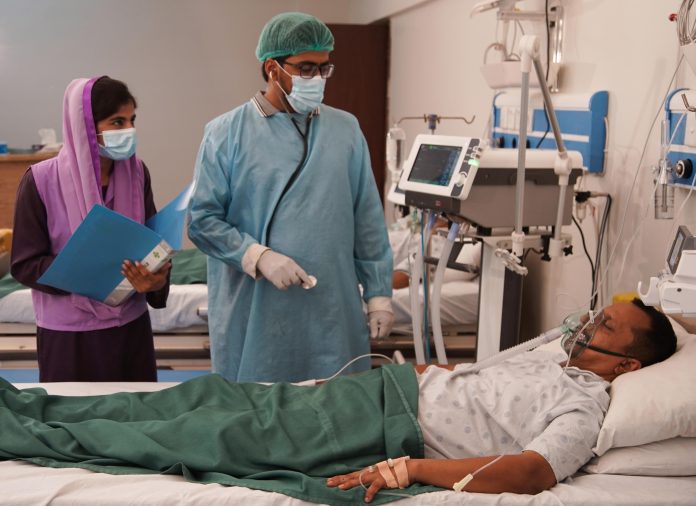Pakistan’s automotive sector is having a moment—just not the kind anyone would want. Car sales are plummeting, production lines are stalling, and a once-thriving industry now seems precariously perched on the edge of a cliff. The numbers are grim: According to PAMA (Pakistan Automotive Manufacturers Association), car sales dropped from over 230,000 units in 2021 to just 81,000 in 2024. Production? Equally dismal.
And while we’re all too familiar with the usual suspects—economic instability, inconsistent policies, and import restrictions—it’s time we address the elephant in the room: dependence. Our auto parts manufacturers are tied at the hip to an industry that’s proven, time and again, to be too volatile. The solution? Diversification.
Let’s talk about Alsons Group, a company that could give a masterclass on pivoting. With nearly seven decades of experience in precision engineering, Alsons has transitioned from primarily serving the automotive sector to becoming a key player in industries as diverse as aerospace, energy, and medical devices. Yes, medical devices.
Take Alsons Technology, their R&D powerhouse, which is innovating in IoT-based systems and health tech. During the pandemic, Alsons didn’t wait for the storm to pass—they built ventilators, filling a critical gap in Pakistan’s healthcare system. That’s what diversification looks like: not just survival, but relevance in a rapidly changing world.
Now consider Synthetic Products Enterprises Limited (SPEL), which started by making plastic parts for cars. Today, they’ve expanded into packaging solutions and consumer products, creating a more balanced portfolio. It’s simple math: when one sector tanks, the others keep you afloat.
And then there’s TECNO, which proves that stepping outside your comfort zone can lead to massive payoffs. Initially focused on engineering and manufacturing for industrial clients, TECNO took a bold leap into consumer technology, developing mobile phones and building a strong presence in competitive markets. Today, TECNO is a well-recognized brand, demonstrating how diversification doesn’t just protect against risk—it can also unlock entirely new markets and customer bases.
These companies are doing what needs to be done. The question is: why aren’t others following suit?
There’s no shortage of opportunities. With Pakistan’s energy crisis worsening, local manufacturing for solar and wind components is a goldmine waiting to be tapped. Similarly, the growing demand for medical devices, fueled by an overburdened healthcare system, offers another lucrative avenue. Even the tech sector, with its appetite for precision-engineered components, holds immense promise.
Diversification isn’t just a buzzword; it’s a lifeline. Pakistan’s auto parts industry can’t afford to stay in its comfort zone. The world is moving fast, and so should we.
The writing is on the wall: adapt or become irrelevant. Alsons, SPEL, and TECNO show us what’s possible when you dare to think beyond the automotive assembly line. It’s high time the rest of the industry took note.
Because if there’s one thing we’ve learned from the automotive sector, it’s that a flat tire won’t fix itself.
